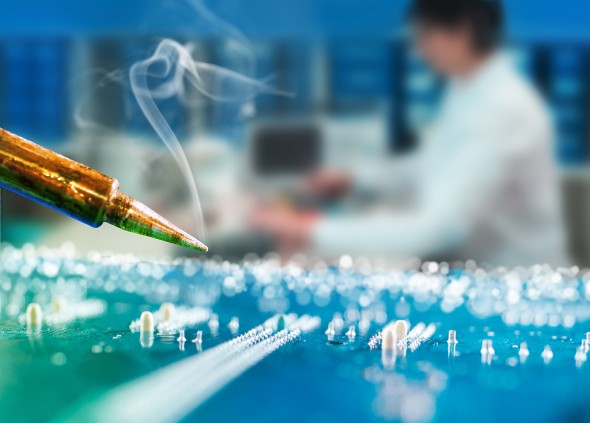

During PCB assembly, bubbles sometimes appear during PCB soldering, which usually occurs during reflow soldering and wave soldering. Excessive bubbles will cause damage to the board. So how to avoid bubbles during PCB soldering?

1. Bake
Baking PCB and SMD exposed to air for a long time may affect the moisture removal of PCBA processing.
2. Solder Paste
Solder paste contains moisture and is also prone to bubbles during PCB soldering. For solder paste, you need to choose high-quality. The temperature and stirring of the solder paste need to be strictly implemented in accordance with the requirements of electronic processing production. The exposure time of the solder paste to the air should be as short as possible, and after the solder paste is printed, reflow soldering should be carried out in time.
3. Humidity
Monitor the humidity of the workshop in a planned way, and control it between 40-60% as much as possible.
4. Furnace Temperature Curve
Test the furnace temperature twice a day, optimize the furnace temperature curve, and the heating rate cannot be too fast. The temperature of the preheating zone must meet the requirements, not too low, so that the solder resist can be fully utilized, and the speed of the furnace cannot be too fast.
5. Solder Mask Flux
During wave soldering, the amount of flux sprayed should not be too much, and the spraying should be reasonable.
SHENZHEN HOYOGO ELECTRONIC TECHNOLOGY CO., LTD. is a company specializing in providing PCBA electronic overall manufacturing services, including one-stop services from upstream electronic components procurement to PCB production and processing, SMT placement, DIP plug-in, PCBA testing, and finished product assembly.
